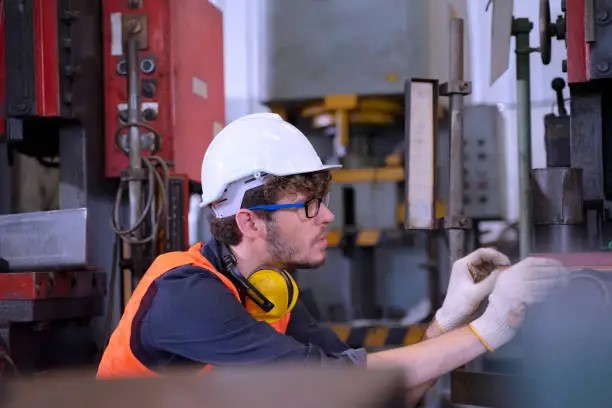
Preventive Maintenance for Industrial Automation Control Panels
Why Preventive Maintenance is Crucial for Industrial Control Panels:
Just like a sports car requires regular maintenance to perform at its best, industrial control panels need regular preventive maintenance (PM) to keep them in peak operating condition. Preventive maintenance is essential for reducing unplanned downtime, extending the life of expensive equipment, and ensuring continuous productivity in industrial settings. Control panels are the heart of many automated systems, and their failure can result in costly delays. By adhering to a structured maintenance plan, technicians can catch potential issues early, before they become major problems.
Best Practices for Preventive Maintenance in Industrial Control Panels
- Perform Regular Visual Inspections
Routine visual inspections are the first line of defense in identifying potential issues. Regularly check for the following signs of wear and tear:
- Loose or disconnected wires
- Signs of overheating (such as discoloration or burnt areas)
- Rust or corrosion on components
- Dust, dirt, or debris buildup
- Physical damage to the control panel or its components
By addressing these issues early, you can prevent more serious damage, extending the life of your equipment.
- Keep It Clean: Dust and Debris Can Cause Damage
A clean control panel is a reliable control panel. Dirt, dust, and moisture contribute to electrical failures and system malfunctions. Regularly clean the interior of your industrial control panels using a vacuum or compressed air (being cautious to avoid damaging components). Ensure the panel is free from debris that could cause short circuits or interfere with sensitive components like relays and terminals.
- Inspect and Test Electrical Connections
Over time, electrical connections can loosen, which leads to poor conductivity and increased resistance, resulting in overheating and eventual system failure. Periodically check and tighten screws, inspect for corrosion, and ensure all connections are secure. Use a torque wrench to avoid over-tightening, which could cause damage to terminals or other components.
- Monitor and Prevent Overheating
Overheating is one of the most common causes of failure in industrial control panels. Ensure that cooling fans, ventilation systems, and air filters are functioning properly. Verify that there are no obstructions to airflow. If your panel has an internal temperature sensor, check the readings regularly and clean dust buildup from vents and fans to ensure optimal airflow.
- Test Circuit Breakers and Fuses
Testing circuit breakers and fuses is vital to ensure that they are operating correctly. Periodically reset the circuit breakers to verify functionality and replace any blown fuses immediately with the proper rating. Failing to replace a blown fuse could lead to severe system damage or further electrical failures.
- Update Software and Firmware Regularly
For control panels containing programmable logic controllers (PLCs) or other digital devices, staying current with software and firmware updates is crucial. These updates can enhance performance, patch security vulnerabilities, and fix known bugs. Make it a point to regularly check for updates and ensure that your system runs with the latest software version.
- Maintain Detailed Maintenance Logs
Maintaining a comprehensive log of all preventive maintenance activities—such as inspections, cleaning, component replacements, and repairs—is essential. A detailed log helps identify recurring issues, track component lifespan, maintain compliance with industry regulations, and improve troubleshooting. Additionally, it provides valuable documentation in case of audits or system reviews.
- Prioritize Safety During Maintenance
Safety should always be a top priority when conducting maintenance activities. Before performing any work on control panels, ensure that all power sources are disconnected. Use lockout/tagout (LOTO) procedures and verify that no live electrical currents are present before beginning maintenance or inspections.
Ensure Reliability and Longevity with Preventive Maintenance:
Implementing preventive maintenance best practices for industrial automation control panels can greatly enhance the reliability and longevity of your equipment. Regular inspections, cleaning, and electrical checks not only reduce downtime but also help prevent costly repairs. A proactive maintenance approach keeps your control panels functioning at their best, ensuring that your industrial systems run smoothly for years to come.
Ready to optimize your control panel maintenance? Contact us today for expert advice and high-quality replacement parts.
